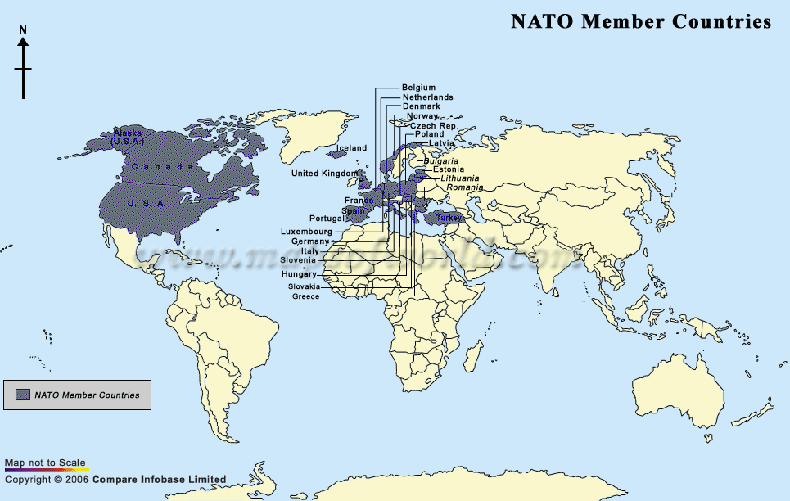“Power” Is Ending. Celebrate!

Moisés Naím laments the end of traditional power.
Insurgents, fringe political parties, innovative start-ups, hackers, loosely organized activists, upstart citizen media outlets, leaderless young people in city squares, and charismatic individuals who seem to have “come from nowhere” are shaking up the old order. These are the micropowers: small, unknown, or once-negligible actors who have found ways to undermine, fence in, or thwart the megaplayers. Navies and police forces, television networks, traditional political parties, large banks—the large bureaucratic organizations that previously controlled their fields—are seeing their authority undermined.
What he doesn’t seem to get is that this is a great thing. It’s also bizarrely simplified: just about everything Naím references above existed long before the end of the Cold War twenty years ago. Some examples:
- Insurgents: the Viet Cong (1954-1976), the MRLA (1948-1960), etc. Insurgency is a rather ancient form of warfare.
- Fringe political parties: Red Army Faction (1970-1998), the LaRouche movement (1960-present). These, too, are old as dirt.
- Innovative start-ups: Microsoft (1975), Apple (1976), Oracle (1977), IBM (1911) — all began as start ups, all innovated heavily.
- Hackers: Eric Corley (a.k.a. Emmanuel Goldstein) has been hacking since the 1970s.Kevin Mitnick gained notoriety for his hacks in 1979.
- Loosely organized activists: The counterculture movement of the 1960s.
- Upstart citizen media outlets: These are as old as zines (back to 1930s, though became common in the 1970s), and even the Samizdat movement in the USSR had its roots in the 1950s.
- Leaderless young people in city squares: Yeah, those never happened before 1991, right?
- Charismatic individuals who seem to have “come from nowhere”: like Lenin? Jesus? Good grief, charismatic people rise from obscurity all the time.
Anyway, so it’s safe to say Naím is operating from either a poorly defined baseline or he doesn’t really have any sense of history. Considering his vast intelligence and experience, I’m going to assume it’s the former. Because when he identified these things as “microplayers” and suggests they should be losing to the “megaplayers,” he must not have thought either term through very far: While not universally successful, as many of those microplayers above have successfully grown and emerged to dominate their older, stodgier predecessors. It’s not a constant trend, but upstarts disrupt entrenched institutions all the time. Throughout history.
What Naím is really revealing, especially through his quote from Javier Solana, is a lament that the relative ease of the Cold War is over. “They—and by that I mean we—could rarely do any longer what we wanted.”
Boo hoo. So now the West — America, Canada, Western Europe, and maybe like Australia and Japan or something — can no longer do whatever the hell we want and damn everyone else. Yes, if you’re used to ruling the globe with an iron fist, if you’re used to calling all who stand in your way evil and having a damned good reason for doing so (the USSR was a genuinely evil regime), then yes: the new, more difficult state of affairs must seem terribly scary.
But it is also an incredibly good thing. We should celebrate that rules and norms are evolving to keep up with the world — our own government certainly isn’t. We should celebrate that new ideas, new organizations, even new economies are trying to emerge from our old system. That’s progress! It’s what we should want.
The only people who see the world changing and despair because of it are those who wish, desperately, to be in control. They are technocrats, used to running things through their expertise when few could ever question or challenge them. That period is now ending. Now they can be challenged. They have to justify everything they do, whether through law, reason, logic, or argument. And in a lot of cases — so many it’s now becoming hard to keep track — they’ve been found wanting.
And it’s a beautiful, beautiful thing. Now we have a chance to see what will really work in the marketplace of ideas. If our old, assumption-laden institutions are actually worth keeping around. If we really can withstand challenges from within, or new ways of thinking, or basic challenges to legitimacy.
The era we’re facing is actually very exciting. The old order is showing its age, but that’s what happens when things age. They either change to adapt or they falter and die out. Which one we choose is yet to be seen, but the opportunity to adapt to the new era is astonishing to behold.